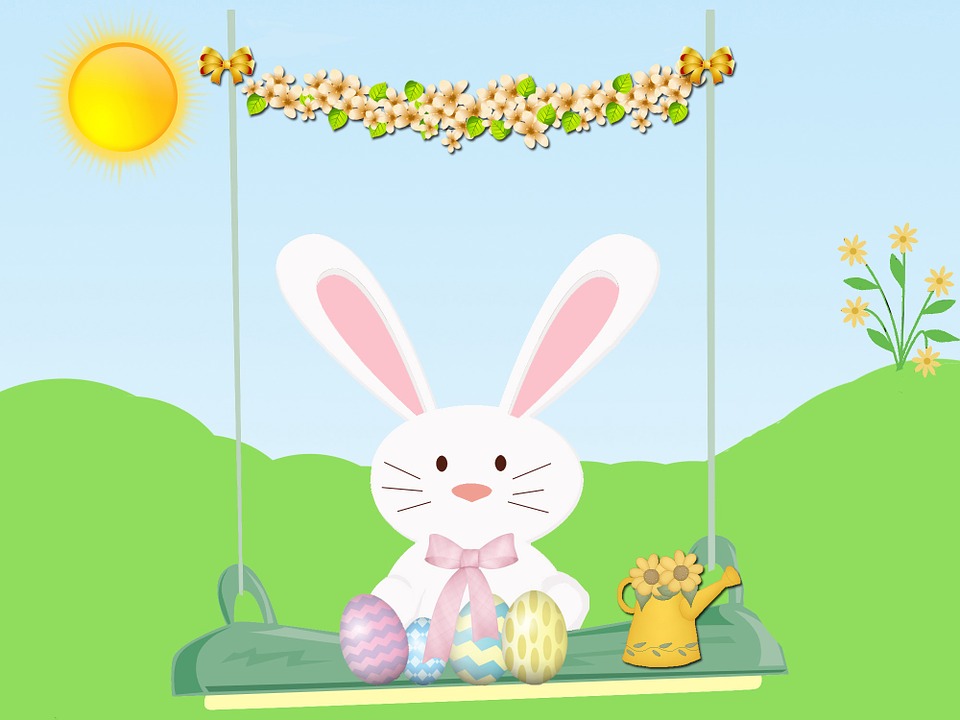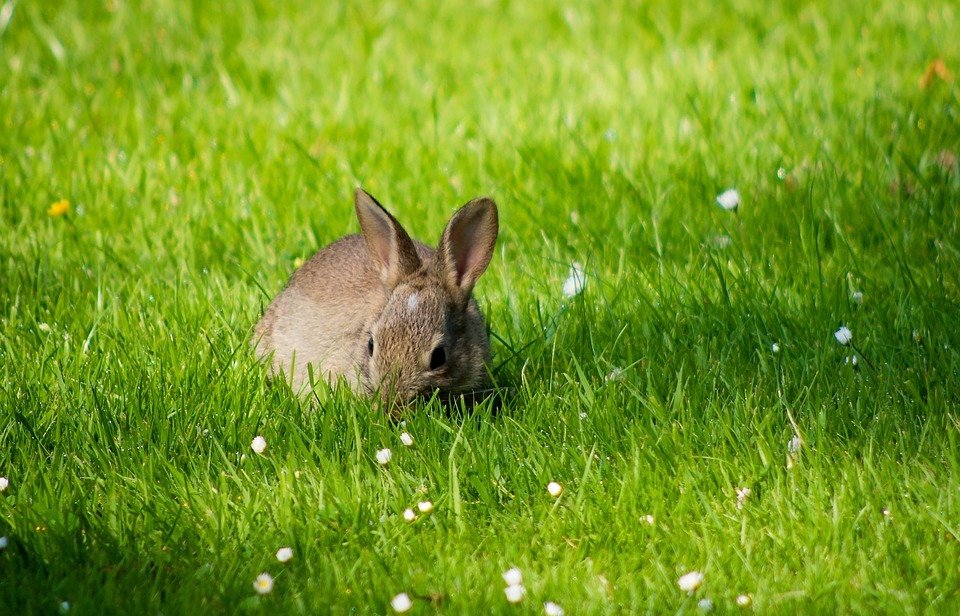This article addresses the common question of whether mushrooms are a suitable treat for rabbits, exploring their nutritional value, potential risks, and the importance of a balanced diet for these furry companions. We'll delve into the details of rabbit nutrition, examining the crucial role of fibre and the potential dangers of foods that can disrupt their delicate digestive system.
Part 1: Understanding Rabbit Nutrition

1.1 The Importance of a Balanced Diet
- Rabbits are strict herbivores, relying solely on plant-based foods for sustenance. Their digestive system is designed to efficiently extract nutrients from fibrous materials.
- A balanced diet, rich in fibre and essential nutrients, is critical for maintaining a rabbit's health and preventing common health problems.
- The right diet supports healthy digestion, strong teeth, and a robust immune system, ensuring a happy and long life for your bunny.
1.2 The Role of Fibre in Rabbit Nutrition
- Fibre is the cornerstone of a rabbit's diet. It's not just about filling their stomach but also promoting the growth of beneficial bacteria in their gut.
- These bacteria help break down food, making essential nutrients available for the rabbit's body.
- Hay, with its high fibre content, is the foundation of a healthy rabbit diet. It should make up 80-90% of their daily intake, providing the necessary fibre for optimal digestion.
1.3 The Importance of Fresh Vegetables
- While hay provides the bulk of the fibre, fresh vegetables contribute essential vitamins, minerals, and moisture to a rabbit's diet.
- Offer a variety of leafy greens, such as kale, spinach, romaine lettuce, and parsley, as well as other vegetables like bell peppers, carrots, and broccoli.
- Introduce new vegetables gradually to ensure they're well-tolerated by your rabbit. Be mindful of the portions, as too much can lead to digestive issues.
Part 2: Exploring the Nutritional Value of Mushrooms

2.1 The Nutritional Profile of Mushrooms
- Mushrooms are a good source of various vitamins and minerals, including B vitamins, potassium, selenium, and copper.
- They contain antioxidants, which have anti-inflammatory properties and may contribute to overall health benefits.
- Mushrooms also offer a unique flavour profile, making them a popular ingredient in many human dishes.
2.2 Challenges for Rabbit Digestion
- Mushrooms contain a substance called chitin, a complex carbohydrate that is difficult for rabbits to digest.
- Their digestive systems are primarily adapted to break down cellulose, the primary component of plant cell walls, found in hay and grasses.
- The presence of chitin can lead to digestive upset, such as bloating, gas, and diarrhea, especially if consumed in large quantities.
Part 3: The Potential Dangers of Mushrooms for Rabbits
3.1 Toxicity of Certain Mushroom Species
- While some mushrooms are safe for human consumption, many are toxic to rabbits. The toxicity levels can vary significantly between species.
- Even mushrooms considered edible for humans can contain substances that are harmful to rabbits, causing digestive distress and even liver damage.
- It's crucial to avoid offering any type of wild mushroom to your rabbit, as their identification can be challenging and potentially dangerous.
3.2 The Risk of Unknown Reactions
- Even if a mushroom is considered safe for humans, it's impossible to predict how a rabbit's sensitive digestive system will react.
- Individual rabbits may have varying sensitivities to specific mushrooms, making it a risky gamble to introduce them to their diet.
- It's best to err on the side of caution and stick to foods known to be safe and readily digestible.
Part 4: Can Rabbits Eat Mushrooms? The Verdict
4.1 The Importance of a Safe and Balanced Diet
- Given the potential risks associated with mushrooms, it is strongly recommended to avoid feeding them to rabbits.
- Their digestive system is delicate and can be easily upset by substances that are difficult to digest, potentially leading to serious health issues.
- Focusing on a diet primarily composed of hay, fresh vegetables, and occasional treats like safe fruits will ensure your rabbit's health and well-being.
4.2 Alternatives for Mushroom-Like Flavour
- If you're looking for a mushroom-like flavour in your rabbit's diet, there are several safe alternatives to consider.
- Dandelion greens, with their slightly earthy taste, can be a suitable substitute. They are also rich in vitamins and minerals.
- Other safe leafy greens, such as kale, spinach, and parsley, can provide a variety of flavours and nutrients for your bunny.
Part 5: Understanding Safe and Unsafe Foods for Rabbits
5.1 Safe Foods for Rabbits
- Hay: Timothy hay, alfalfa hay (for young rabbits or pregnant females), and other grass hays should constitute the majority of a rabbit's diet.
- Fresh Vegetables: A wide range of vegetables, including bell peppers, carrots, broccoli, spinach, kale, parsley, and cilantro, are suitable additions in limited quantities.
- Fruits: Apples, bananas, strawberries, and blueberries can be offered as occasional treats, but only in small amounts to avoid digestive upset.
5.2 Unsafe Foods for Rabbits
- Mushrooms
- Chocolate
- Avocado
- Onions and Garlic
- Citrus Fruits
- Dairy Products
- Processed Foods
Part 6: Recognizing Signs of Digestive Issues
6.1 Common Symptoms to Watch For
- Diarrhea: Loose or watery stools, often accompanied by a change in stool frequency.
- Constipation: Difficulty passing stools, often indicated by straining or a decrease in stool frequency.
- Loss of Appetite: A noticeable decrease in food intake, potentially accompanied by lethargy.
- Lethargy: A lack of energy, reduced activity levels, and a general decline in interest in their surroundings.
- Abdominal Bloating: An enlarged or distended abdomen, which can be a sign of gas build-up or other digestive problems.
6.2 The Importance of Prompt Veterinary Care
- If you observe any of these symptoms in your rabbit, it's crucial to seek veterinary attention immediately.
- Digestive issues can be serious and even life-threatening for rabbits, requiring prompt treatment to prevent complications.
- A veterinarian can diagnose the cause of the issue, provide appropriate treatment, and offer dietary recommendations to support your rabbit's recovery.
Part 7: FAQs
7.1 Can rabbits eat wild mushrooms?
- It is never safe to feed wild mushrooms to rabbits. These mushrooms can be incredibly poisonous, even if they appear safe for human consumption.
- Wild mushrooms contain toxins that can cause severe health problems, including liver damage and even death. The risks are simply too high, and it's best to avoid them altogether.
7.2 Are all mushrooms poisonous to rabbits?
- While some mushrooms are safe for human consumption, many are toxic to rabbits. The toxicity varies depending on the species and the specific toxins present.
- Even mushrooms considered edible for humans can contain substances that are harmful to rabbits' digestive systems, causing various adverse reactions.
7.3 Can I give my rabbit a small amount of mushroom?
- It's best to avoid giving your rabbit any amount of mushroom. Even small amounts can cause digestive upset and potential toxicity.
- The risks associated with mushrooms outweigh any potential benefits, and it's unwise to experiment with feeding them to your bunny.
7.4 Are there any specific types of mushrooms safe for rabbits?
- There are no known types of mushrooms that are safe for rabbits.
- The potential for toxicity is too high across all mushroom species, making it best to avoid them entirely.
7.5 What should I do if my rabbit accidentally eats a mushroom?
- If you suspect your rabbit has eaten a mushroom, contact your veterinarian immediately.
- Provide as much information as possible about the type of mushroom, if known, and any symptoms your rabbit is exhibiting.
- The veterinarian can assess the situation and recommend appropriate treatment based on the specific circumstances.
Everyone is watching
-

Do Rabbits Lay Eggs? (The Surprising Truth)
OTHER TYPES OF PETSThis article will unravel the common misconception that rabbits lay eggs, exploring the fascinating world of r...
-

Can Rabbits Eat Grapes? A Guide to Safe Rabbit Treats
OTHER TYPES OF PETSThis comprehensive guide will explore the safety and suitability of grapes for rabbits, providing detailed inf...
-

What's a Group of Rabbits Called? (A Comprehensive Guide)
OTHER TYPES OF PETSThis article delves into the fascinating world of rabbits, exploring the various terms used to describe a grou...
-

Predators That Hunt Rabbits: A Guide to Natural Enemies
OTHER TYPES OF PETSI've always been fascinated by the circle of life, that delicate dance between predator and prey. Growing up ...
-

Are Rabbits Nocturnal Animals?
OTHER TYPES OF PETSThe question of whether rabbits are nocturnal animals is a fascinating one, with a surprisingly complex answer...
